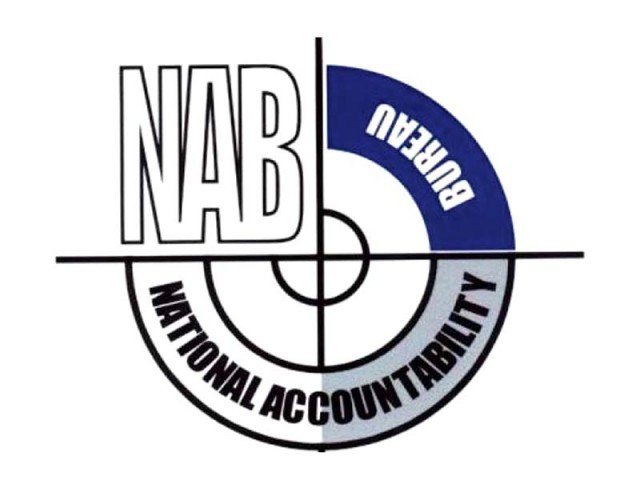ISLAMABAD:The National Accountability Bureau (NAB) has disbursed Rs878.7 million to over 5,000 victims of the B4U financial scam through direct online transfers, marking the largest and fastest repayment of recovered funds to fraud victims in Pakistan’s history.
On Wednesday, NAB confirmed that its Islamabad/Rawalpindi bureau transferred refunds to the bank accounts of 5,008 affected individuals in a single day under a newly introduced digital disbursement system. The initiative is aimed at streamlining repayments by eliminating bureaucratic delays and ensuring transparency in the handling of recovered money.
In a statement, NAB Chairman, Lt. Gen (R) Nazir Ahmed described the move as a milestone for the institution. He said the new policy removes the need for victims to physically visit NAB offices to collect their refunds, a requirement that previously created bottlenecks and slowed disbursements. “Through technology, we are making the refund process more effective, transparent, and hassle-free,” he said.
The bureau has also formalized an agreement with the National Bank of Pakistan (NBP) to facilitate future online transfers. NAB said the arrangement with NBP will ensure that repayments are deposited directly into victims’ bank accounts, reducing risks of mismanagement and unnecessary delays.
The B4U fraud, one of the most notorious scams in Pakistan in recent years, saw thousands of investors lose billions of rupees after being lured by promises of unusually high returns. The company, operating under multiple entities, ran what authorities later described as a Ponzi scheme, attracting money from individuals across the country before collapsing.
Following widespread complaints, NAB initiated investigations into the scheme and managed to recover significant amounts through asset seizures and legal proceedings. However, the distribution of recovered money was historically plagued by long waiting times and complicated verification processes, leaving many victims uncertain about ever retrieving their investments.
Industry sources said the adoption of a digital refund system could reshape public perception of NAB, which has faced criticism in the past over inefficiency and lack of transparency in handling white-collar crime. By ensuring funds are deposited directly into victims’ accounts, NAB aims to demonstrate accountability and regain trust, particularly among those who had lost confidence after years of drawn-out procedures.
Sources also highlighted that digital disbursement may set a precedent for future cases, creating a standardized mechanism for returning funds to victims of financial crimes. In a country where investment frauds have frequently left small investors without remedies, the new model could strengthen deterrence by showing that regulatory and enforcement bodies are capable of delivering timely restitution.
The scale of Wednesday’s disbursement further underscores the growing importance of technology in governance. With more than 5,000 accounts credited in a single day, NAB has showcased the capacity of digital platforms to handle large-scale transactions efficiently. Officials argue that this efficiency is essential not only for financial fraud cases but also for future state-led compensation and relief programs.
For victims of the B4U scam, many of whom had been waiting years to see their money returned, the online transfers represent long-awaited relief. Legal experts point out that while asset recovery in fraud cases remains a complex and lengthy process, transparent refund systems can at least ensure that recovered sums reach their rightful owners without additional hardship.




